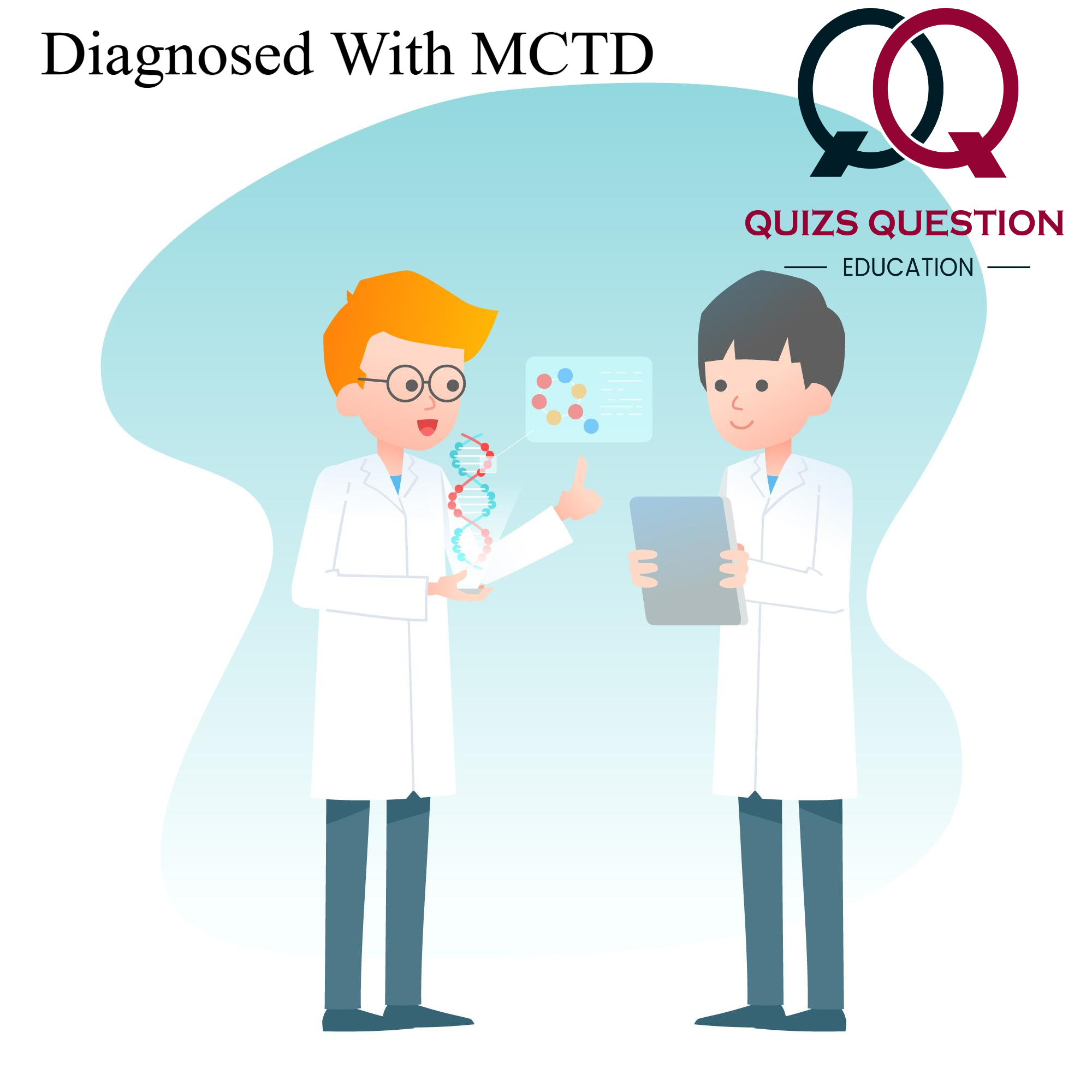Managing multiple conditions, such as Heart Ablations, Mixed Connective Tissue Disease (MCTD), and Relapsing-Remitting Multiple Sclerosis (RRMS), can be complex because some symptoms may overlap. It’s not always easy to distinguish which symptom is related to which condition, as many of these conditions affect the immune system and body in different ways. However, here’s a general overview of the symptoms commonly associated with each condition, which might help you better understand how to differentiate them:
Heart Ablations:
Heart ablation is a procedure used to treat irregular heart rhythms (arrhythmias), and its primary symptoms usually relate to the heart. After the procedure, some common symptoms can include:
- Palpitations (feeling of a racing or irregular heartbeat)
- Fatigue and dizziness
- Chest discomfort
- Shortness of breath
These symptoms may be temporary and related to the recovery process after the procedure. However, if these symptoms persist or worsen, it might be related to the heart condition itself or other cardiovascular issues.
Mixed Connective Tissue Disease (MCTD):
MCTD is an autoimmune disorder that involves features of several other connective tissue diseases, like lupus, scleroderma, and polymyositis. Common symptoms of MCTD include:
- Joint pain or swelling
- Raynaud’s phenomenon (fingers and toes turning white or blue in response to cold or stress)
- Skin rashes or changes (such as the “butterfly” rash across the face in lupus)
- Muscle weakness
- Fatigue
- Difficulty swallowing
- Dry eyes or mouth (similar to Sjogren’s syndrome)
MCTD can affect multiple systems, so its symptoms can sometimes overlap with those of other autoimmune diseases or MS, making it more difficult to pinpoint the exact cause.
Relapsing-Remitting Multiple Sclerosis (RRMS):
RRMS is a form of MS characterized by relapses (worsening of symptoms) followed by periods of remission (improvement or stabilization of symptoms). Symptoms can vary widely but often include:
- Fatigue (often profound and not relieved by rest)
- Numbness or tingling, especially in the limbs or face
- Muscle weakness
- Vision problems (like blurred vision or double vision)
- Balance issues or coordination problems
- Cognitive issues (such as difficulty with memory or concentration)
- Bladder or bowel dysfunction
- Speech difficulties
In RRMS, symptoms tend to occur in distinct episodes, with periods of remission where symptoms improve or disappear.
How to Tell Which Symptom Is Which:
While there is some overlap in symptoms, here’s how to try and differentiate them:
- Fatigue: This can be a symptom of MS, MCTD, or recovery from a heart ablation. However, MS fatigue tends to be more persistent and unrelenting, whereas fatigue from MCTD or heart issues might be triggered by specific factors (e.g., physical exertion or stress).
- Muscle weakness and coordination problems: These are more likely to be related to RRMS, especially if they come and go in episodes (relapses). If the symptoms persist or worsen, it could be more related to MS.
- Chest pain or discomfort: This is a more direct symptom of heart ablations or underlying cardiac issues. It’s important to differentiate this from any discomfort due to MCTD or MS. If chest discomfort is persistent or severe, it should be assessed by a healthcare provider immediately.
- Skin rashes and joint pain: These are commonly associated with MCTD. If you experience a butterfly-shaped rash across your face or painful, swollen joints, it could be a sign of MCTD. These symptoms are less common in MS.
- Vision problems: These are more specific to RRMS, especially if you experience sudden vision changes, blurred vision, or even double vision. MCTD can sometimes cause eye dryness, but vision changes are more typically seen in MS.
- Raynaud’s Phenomenon: If you have cold or color changes in your fingers or toes, this is a classic symptom of MCTD (but it can also occur in other autoimmune diseases). This isn’t typically related to MS.
Managing Symptoms and Seeking Help:
Given the complexity of managing multiple conditions, it’s important to work closely with a healthcare team that includes a cardiologist, a rheumatologist (for MCTD), and a neurologist (for MS). They can help differentiate between symptoms and ensure that you are receiving the appropriate treatments for each condition.
You may also want to keep a symptom diary to track when symptoms occur, how long they last, and any patterns or triggers you notice. This can help your doctors better understand the relationship between the symptoms and the underlying conditions.
Lastly, don’t hesitate to ask your healthcare provider about the possible interaction between medications for MS, MCTD, and heart health, as some treatments might influence each other.
Multiple-choice question (MCQ) based on the symptoms of having
Heart Ablations, Mixed Connective Tissue Disease (MCTD), and Relapsing-Remitting Multiple Sclerosis (RRMS):
Which of the following symptoms is most likely to be associated with Relapsing-Remitting Multiple Sclerosis (RRMS)?
A) Chest discomfort and palpitations
B) Joint pain, skin rashes, and muscle weakness
C) Sudden vision changes, muscle weakness, and balance issues
D) Cold or color changes in fingers or toes, joint swelling, and difficulty swallowing
Show Answer
Answer:-C) Sudden vision changes, muscle weakness, and balance issuesExplanation
These are common symptoms of RRMS, where symptoms appear in distinct relapses and can affect vision, coordination, and strength.Follow-up Question:
Which symptom is more commonly associated with Mixed Connective Tissue Disease (MCTD)?
A) Blurred vision and fatigue
B) Raynaud’s phenomenon, joint pain, and skin rashes
C) Chest pain and irregular heartbeats
D) Sudden numbness in limbs and loss of balance


Leave a Reply